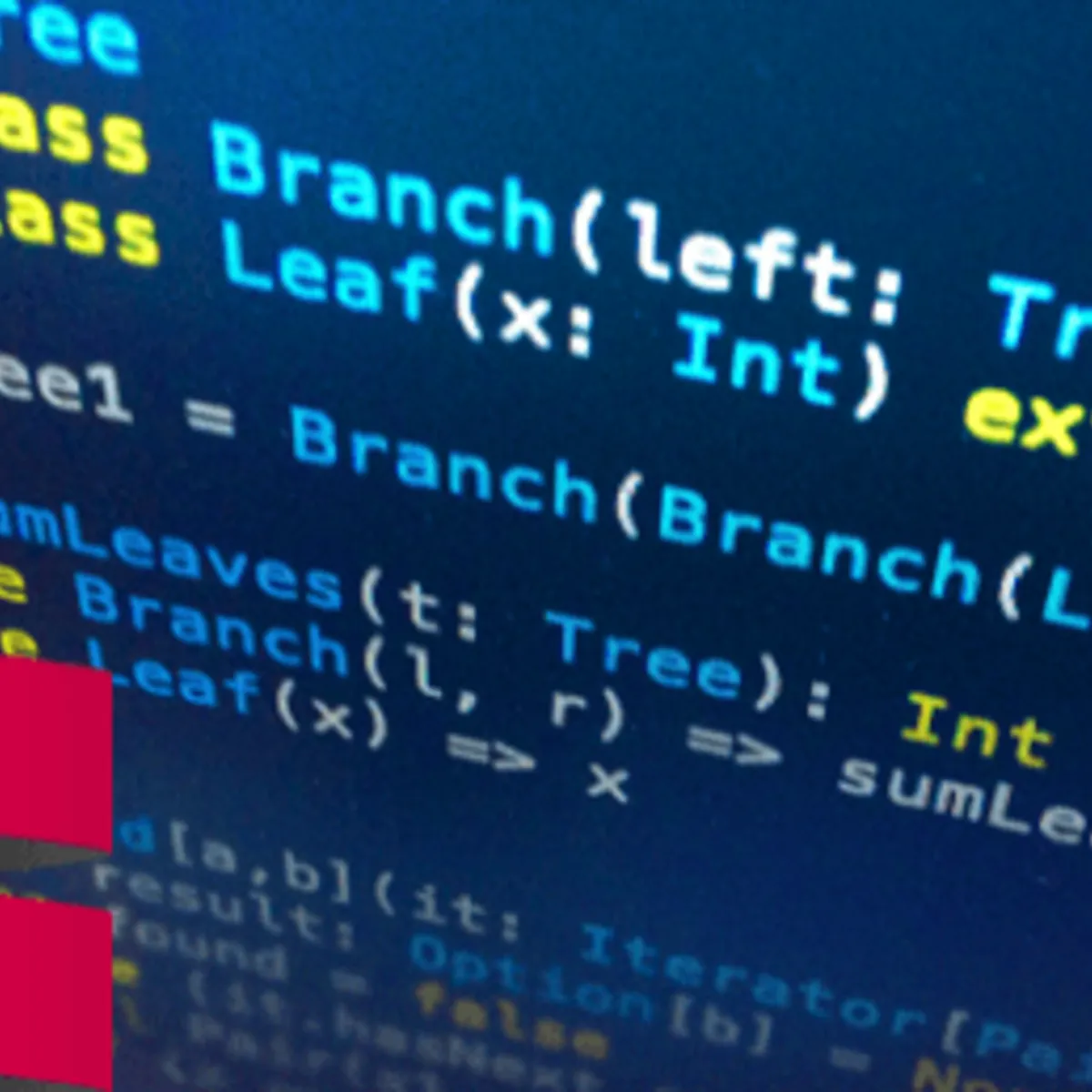
Python Django and Google APIs - Project Tutorial 
This comprehensive tutorial provides step-by-step instructions on how to create a Python Django application that integrates with multiple Google APIs. Learn how to build a powerful and secure app with this full course. ▼
ADVERTISEMENT
Course Feature
![]() Cost:
Cost:
Free
![]() Provider:
Provider:
freeCodeCamp
![]() Certificate:
Certificate:
Paid Certification
![]() Language:
Language:
English
![]() Start Date:
Start Date:
On-Demand
Course Overview
❗The content presented here is sourced directly from freeCodeCamp platform. For comprehensive course details, including enrollment information, simply click on the 'Go to class' link on our website.
Updated in [March 06th, 2023]
This course provides an overview of how to build a Python Django app that uses multiple Google APIs. Students will learn how to create a Django project, set up a development environment, and use the Google APIs to create a fully functional application. The course will cover topics such as authentication, authorization, and data storage. Additionally, students will learn how to deploy their application to a production environment. By the end of the course, students will have a working application that uses multiple Google APIs.
[Applications]
The application of this course can be seen in the development of web applications using Python Django and Google APIs. Students can use the knowledge gained from this course to create web applications that integrate with Google APIs, such as Google Maps, Google Calendar, and Google Drive. Additionally, students can use the skills learned in this course to create custom web applications that use Google APIs to provide users with a unique experience.
[Career Paths]
1. Python Developer: Python developers are responsible for writing server-side web application logic. They create applications that respond to requests from web browsers and mobile devices. Python developers are in high demand due to the language's versatility and scalability. With the rise of cloud computing, Python developers are increasingly being asked to develop applications that can be deployed in the cloud.
2. Data Scientist: Data scientists use Python to analyze large datasets and uncover patterns and trends. They use Python to develop machine learning algorithms and predictive models. Data scientists are in high demand as organizations look to leverage the power of data to make better decisions.
3. Web Developer: Web developers use Python to create dynamic websites and web applications. They use frameworks such as Django and Flask to create web applications that are easy to maintain and scale. Web developers are in high demand as organizations look to create engaging web experiences for their customers.
4. Machine Learning Engineer: Machine learning engineers use Python to develop and deploy machine learning models. They use libraries such as TensorFlow and Scikit-Learn to develop models that can be used to make predictions and automate tasks. Machine learning engineers are in high demand as organizations look to leverage the power of machine learning to automate processes and make better decisions.
[Education Paths]
1. Bachelor of Science in Computer Science: This degree path provides students with a comprehensive understanding of computer science fundamentals, such as programming languages, algorithms, data structures, operating systems, and software engineering. It also covers topics such as artificial intelligence, machine learning, and web development. With the increasing demand for software developers, this degree path is becoming increasingly popular and is a great way to get started in the field of computer science.
2. Master of Science in Computer Science: This degree path provides students with a more advanced understanding of computer science topics, such as computer architecture, computer networks, and distributed systems. It also covers topics such as artificial intelligence, machine learning, and web development. This degree path is ideal for those who want to specialize in a particular area of computer science and pursue a career in the field.
3. Bachelor of Science in Information Technology: This degree path provides students with a comprehensive understanding of information technology fundamentals, such as programming languages, databases, networks, and security. It also covers topics such as cloud computing, mobile development, and web development. With the increasing demand for IT professionals, this degree path is becoming increasingly popular and is a great way to get started in the field of information technology.
4. Master of Science in Information Technology: This degree path provides students with a more advanced understanding of information technology topics, such as software engineering, data science, and cybersecurity. It also covers topics such as cloud computing, mobile development, and web development. This degree path is ideal for those who want to specialize in a particular area of information technology and pursue a career in the field.
Course Provider

Provider freeCodeCamp's Stats at AZClass
Discussion and Reviews
0.0 (Based on 0 reviews)
Explore Similar Online Courses

MetaTrader4 Platform Training

Server-side Dart

RDBMS PostgreSQL

Intro To PostgreSQL Databases With PgAdmin For Beginners

PostgreSQL: Client Applications

Mastering SQL using Postgresql

Database Design and Basic SQL in PostgreSQL

PostgreSQL: Advanced Queries

Spatial SQL with Postgres : A language for geographers

Learn SQL Using PostgreSQL: From Zero to Hero

PostgreSQL Essential Training

Big Data Analysis with Scala and Spark
 Related Categories
Related Categories
 Popular Providers
Popular Providers
Quiz
 Submitted Sucessfully
Submitted Sucessfully
1. What type of application will be built in this course?
2. What type of APIs will be used in this course?
3. What is the main focus of this course?


Start your review of Python Django and Google APIs - Project Tutorial